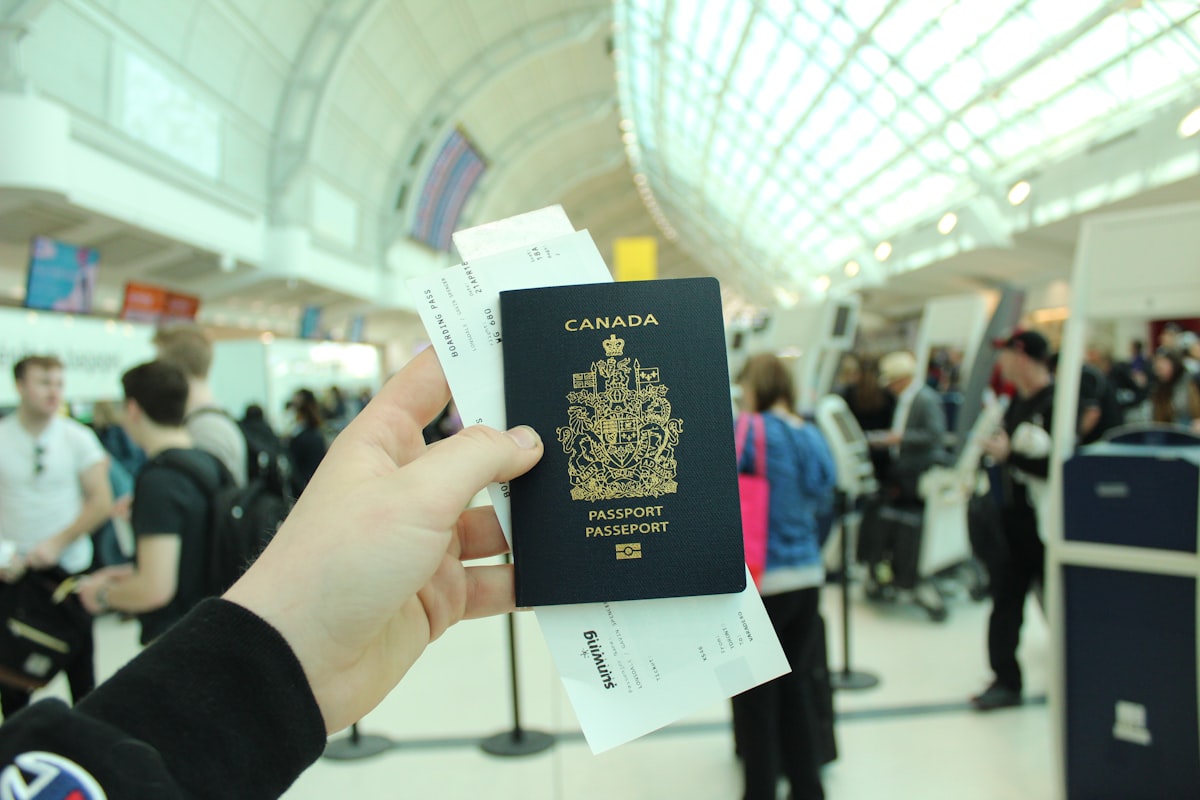Cost of Living: Canada vs. New Zealand
Table of Contents
Introduction
When considering a move to a different country, one of the most important factors to consider is the cost of living. Canada and New Zealand are both popular destinations for individuals and families seeking a better quality of life. In this blog post, we will compare the cost of living in Canada vs New Zealand, examining key aspects such as housing, healthcare, transportation, education, and everyday expenses. By gaining insights into these factors, you can make an informed decision about which country aligns better with your financial circumstances and lifestyle preferences.
Housing
One of the primary expenses to consider when relocating is housing. In Canada, the cost of housing varies significantly depending on the province or city. Major cities like Toronto and Vancouver have higher housing prices compared to smaller cities or rural areas. On average, renting an apartment in a major Canadian city can cost between CAD 1,500 to CAD 3,000 per month, while purchasing a house could range from CAD 500,000 to over CAD 1,000,000.
Similarly, in New Zealand, housing costs differ between cities. Auckland, Wellington, and Queenstown tend to have higher prices, while smaller towns and rural areas are generally more affordable. Renting a one-bedroom apartment in a city center could range from NZD 1,500 to NZD 2,500 per month, and buying a house could cost between NZD 600,000 to NZD 1,000,000.
Healthcare
Access to quality healthcare is essential for any individual or family. In Canada, healthcare is primarily publicly funded, with citizens and permanent residents covered under the national health insurance program. This means that most medical services, doctor visits, and hospital stays are covered. However, there may be some out-of-pocket expenses for certain services and prescription medications.
In New Zealand, healthcare is also publicly funded through the Accident Compensation Corporation (ACC) and the National Health Service (NHS). Citizens, residents, and some work visa holders are entitled to subsidized healthcare, including consultations, surgeries, and emergency care. However, there may be charges for non-urgent services and prescription medications.
Transportation
Transportation costs can significantly impact your budget. In Canada, owning a car is common due to the vast size of the country and the relatively limited public transportation options in some areas. Expenses include car payments, insurance, fuel, and maintenance. Additionally, public transportation fares vary between cities and provinces, ranging from CAD 2 to CAD 3 per trip.
In New Zealand, public transportation is more accessible and widely used, especially in urban areas. Cities like Auckland, Wellington, and Christchurch have well-developed bus and train networks. Public transportation fares vary but generally range from NZD 3 to NZD 5 per trip. Owning a car in New Zealand also incurs costs similar to those in Canada, including registration, insurance, and fuel expenses.
Education
If you have children or plan to pursue further education, considering the cost of education is crucial. In Canada, education is generally of high quality, but tuition fees for international students can be relatively expensive. Annual undergraduate tuition fees range from CAD 15,000 to CAD 30,000, depending on the university and program.
In New Zealand, the education system is well-regarded globally. Tuition fees for international students are also significant but tend to be lower compared to Canada. Annual undergraduate tuition fees range from NZD 20,000 to NZD 35,000, depending on the institution and field of study.
related post – https://immigrants101.com/nz-citizen-to-permanent-resident-of-canada-within-18-months/
Everyday Expenses
When it comes to everyday expenses, it is important to consider factors such as groceries, dining out, entertainment, and utilities. In Canada, the cost of groceries can vary depending on the location and the type of items purchased. On average, a family of four can expect to spend around CAD 800 to CAD 1,200 per month on groceries. Dining out at restaurants can range from CAD 15 to CAD 40 per person for a mid-range meal. Utilities such as electricity, heating, cooling, and internet can add up to around CAD 150 to CAD 200 per month.
In New Zealand, the cost of groceries is similar to Canada, with a family of four spending approximately NZD 800 to NZD 1,200 per month. Dining out at restaurants can range from NZD 15 to NZD 30 per person for a mid-range meal. Utilities, including electricity, heating, cooling, and internet, can amount to around NZD 150 to NZD 200 per month.
Conclusion
In conclusion, both Canada and New Zealand offer attractive living environments, but they have distinct differences in terms of cost of living. Housing prices vary depending on the location within each country, with major cities generally being more expensive. While healthcare is publicly funded in both countries, there may still be out-of-pocket expenses for certain services and medications. Transportation costs can differ based on the availability and usage of public transportation, as well as the necessity of owning a car. Education costs for international students are significant in both countries, but New Zealand generally has lower tuition fees compared to Canada. When considering everyday expenses, factors such as groceries, dining out, entertainment, and utilities are relatively similar in both countries.
Ultimately, the decision between Canada and New Zealand will depend on individual preferences, job opportunities, lifestyle considerations, and personal financial circumstances. It is advisable to research and compare specific costs in the regions or cities of interest to make an informed decision about which country suits your needs best.
I hope you find the post on “Cost of Living: Canada vs. New Zealand” helpful. Please feel free to comment if you have any questions.
















Top 5 Smartphones in New Zealand – Immigrants101
May 11, 2023[…] Cost of Living: Canada vs. New Zealand […]